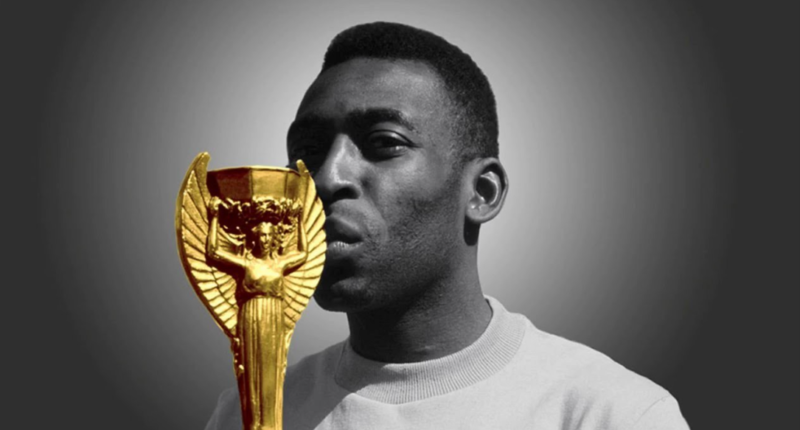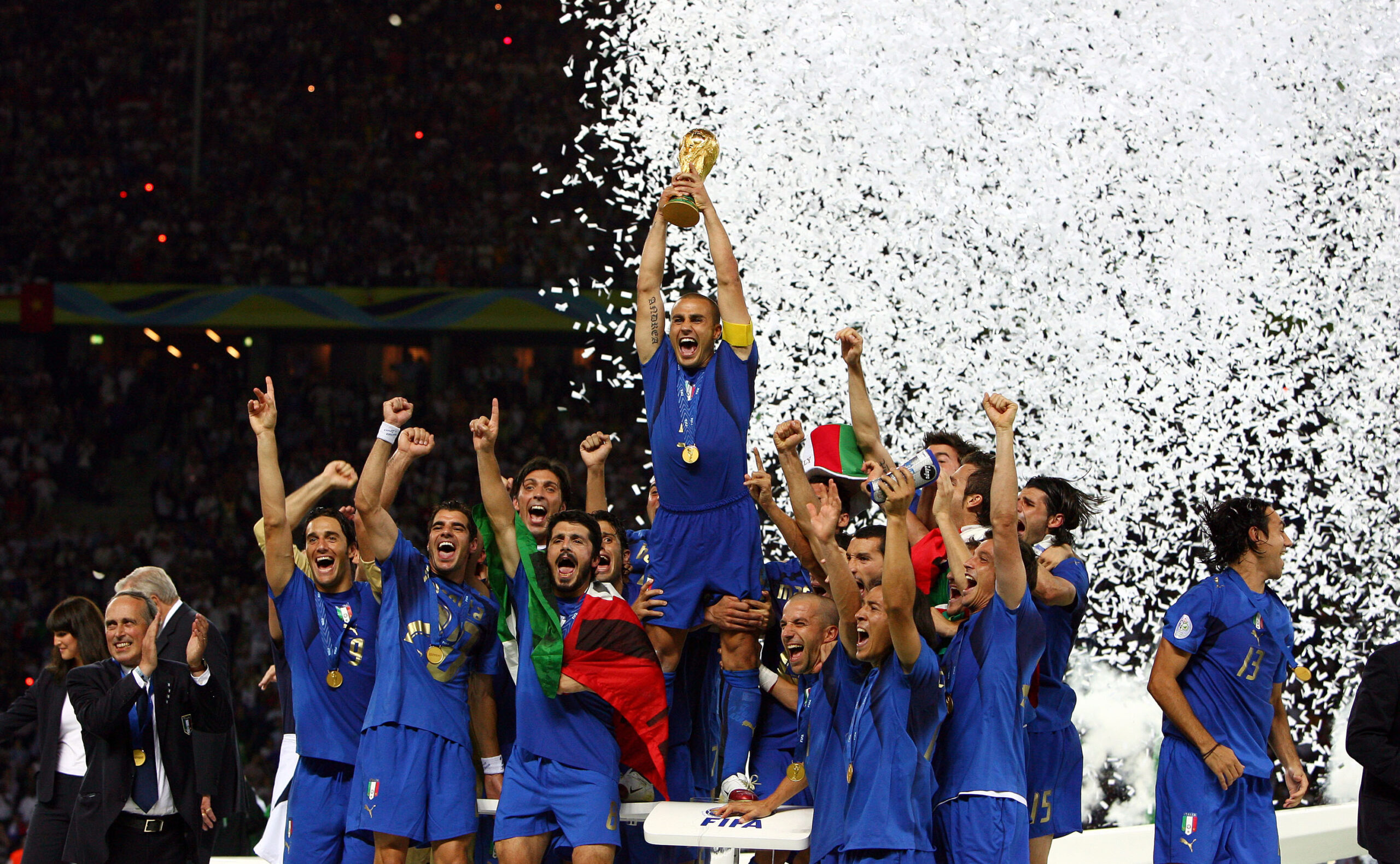Background
The 1958 FIFA World Cup was the sixth edition of the tournament and was held in Sweden from 8 to 29 June 1958. The tournament was the first to be held outside of South America and Europe, and it marked a significant milestone in the history of football as it was the first to be televised live internationally. The tournament featured 16 teams, with the host nation, Sweden, qualifying automatically for the tournament. The remaining 15 teams qualified through various regional tournaments.
Participants
The participating teams were:
- Argentina
- Austria
- Brazil
- Czechoslovakia
- England
- France
- Germany
- Hungary
- Mexico
- Northern Ireland
- Paraguay
- Scotland
- Soviet Union
- Sweden (host)
- Uruguay
- Wales
Format
The tournament was played in a knockout format, with the 16 teams split into four groups of four teams each. The top two teams from each group progressed to the quarter-finals. In the knockout stage, ties that were level at the end of 90 minutes went to extra time and, if necessary, a replay.
Matches
The tournament began on 8 June, with Sweden facing Mexico in the opening game. The hosts won the match 3-0, with Nils Liedholm scoring the first goal of the tournament. The group stage produced some memorable matches, including Brazil’s 2-0 win over the Soviet Union, in which a 17-year-old Pelé scored his first World Cup goal. The quarter-finals saw Brazil beat Wales 1-0, Sweden beat the Soviet Union 2-0, France beat Northern Ireland 4-0, and West Germany beat Yugoslavia 1-0.
The semi-finals produced two classic matches. Brazil beat France 5-2 in a match that saw Pelé score three goals, including one of the greatest goals in World Cup history, a stunning volley from outside the box. In the other semi-final, Sweden beat West Germany 3-1, with Nils Liedholm scoring two goals.
The final was played on 29 June, with Brazil facing Sweden in Solna. Brazil won the match 5-2, with goals from Vava (2), Pelé, Zagallo, and Nilton Santos. Sweden’s goals came from Nils Liedholm and Agne Simonsson.
Goalscorers
The tournament featured some of the greatest footballers of all time, including Pelé, who was playing in his first World Cup. The Brazilian legend announced his arrival on the international stage with six goals, including a hat-trick in the semi-final against France. The tournament’s top scorer was Just Fontaine of France, who scored 13 goals in just six games, a record that still stands today.
Winner
Brazil emerged as the winners of the 1958 FIFA World Cup. It was their first World Cup victory and they defeated Sweden 5-2 in the final to clinch the tittle.
Legacy
The 1958 World Cup is widely regarded as one of the most important tournaments in the history of football. The tournament saw the emergence of a new generation of footballing talent, including Pele, who was just 17 years old at the time, and Fontaine, who scored a record 13 goals.
The tournament also marked the beginning of Brazil’s dominance in world football, as the team went on to win the tournament in 1962, 1970, 1994, and 2002. The 1958 tournament also saw the introduction of the modern World Cup format, which has been used ever since.
Controversy
There were no major controversies in the tournament, although the group stage produced some surprising results. The biggest shock came in Group 1, where Wales, the favourites to progress, were beaten by both Mexico and Sweden and were eliminated from the tournament. The group also produced one of the tournament’s most controversial moments when Hungary beat Mexico 4-0 to qualify for the quarter-finals ahead of the Mexicans. Hungary’s final goal came in the dying seconds of the match when the Mexican goalkeeper, Antonio Carbajal, was beaten by a shot that appeared to go through a hole in the net. However, the goal was allowed to stand, and Hungary progressed to the next round.
Overall, the 1958 World Cup was a hugely successful tournament, with some of the greatest players in history announcing their arrival on the international stage. It also marked a significant moment in the history of football as it was the first World Cup to be televised live internationally, paving the way for the sport to become the global phenomenon that it is today.





